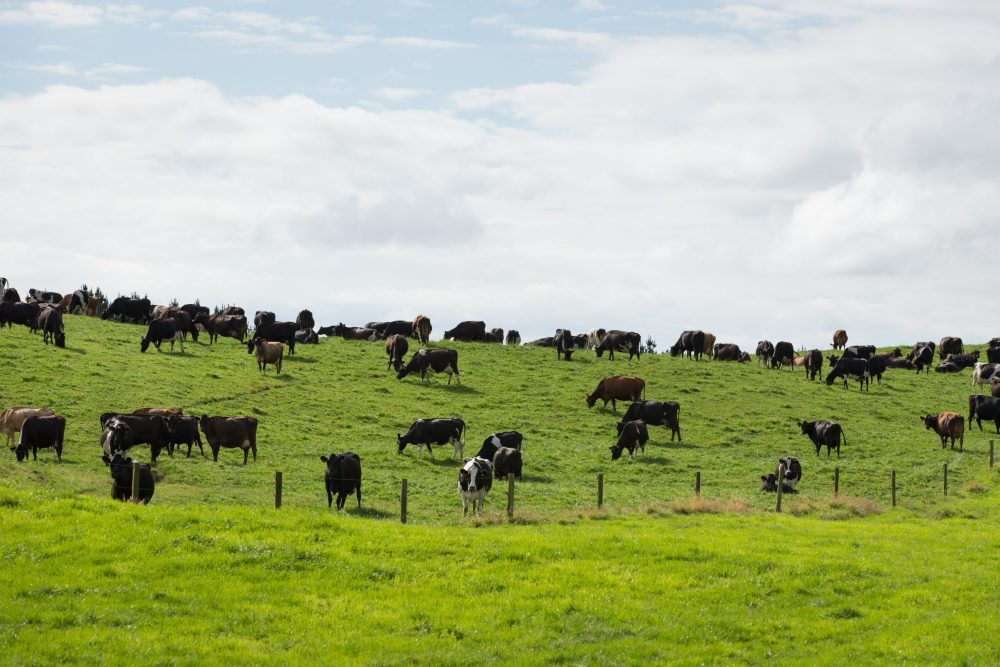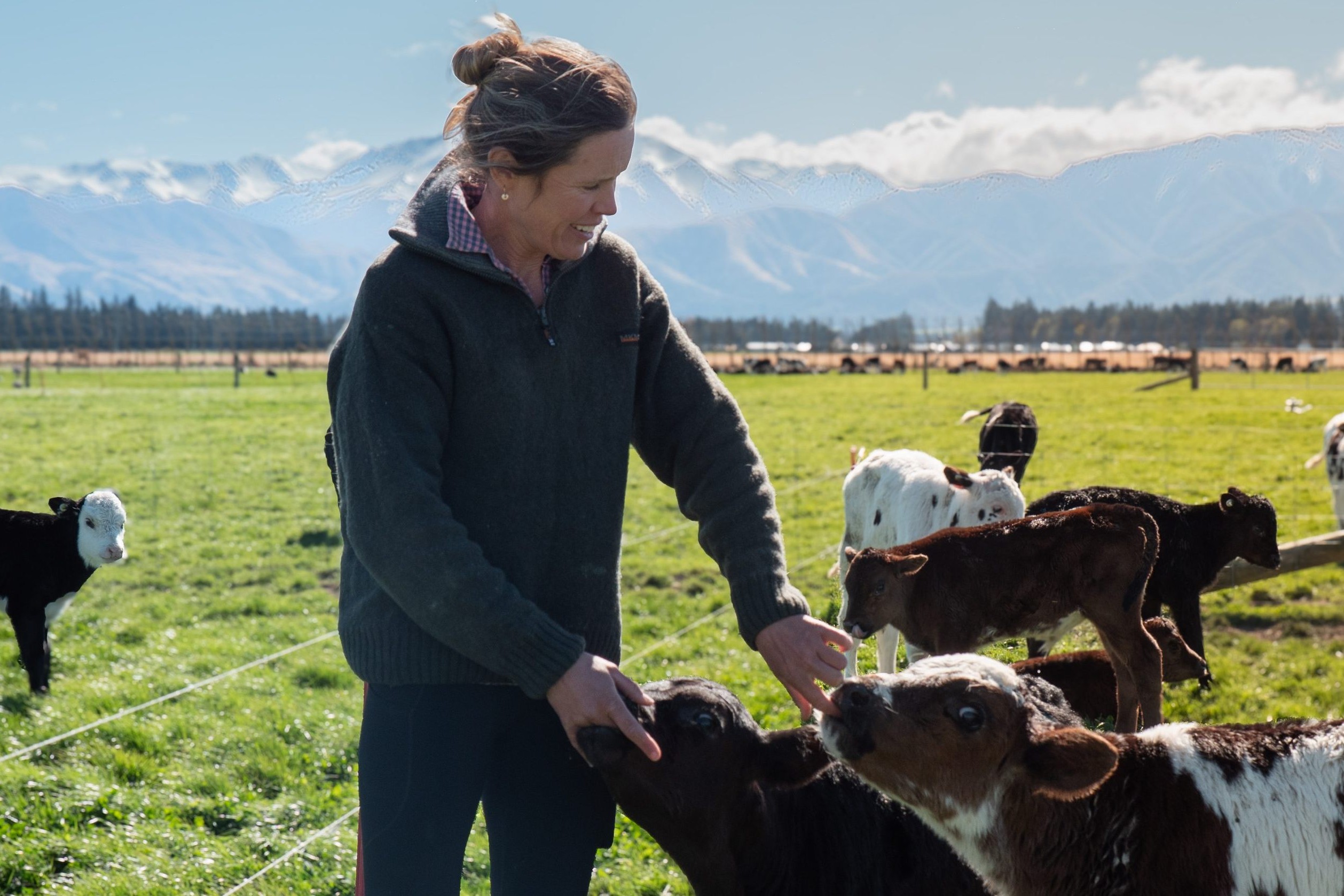Lab-based FE test closer
Work to develop a high throughput, low-cost facial eczema (FE) tolerance test for sheep is well underway with a commercial test expected to be made available to laboratories by the end of 2023.

Work to develop a high throughput, low-cost facial eczema (FE) tolerance test for sheep is well underway with a commercial test expected to be made available to laboratories by the end of 2023.
AgResearch principal scientist Dr Axel Heiser is leading the Beef + Lamb New Zealand-initiated and funded work of which phase one and two of the programme are now complete. Phase one was to ensure it was possible to test for sporidesmin toxicity (the fungus associated with facial eczema) in the laboratory rather than exposing an animal to the toxin.
Heiser says phase two was the identification of biomarkers for FE tolerance or susceptibility, and this meant comparing biomarkers in three groups of animals: susceptible, tolerant (as determined by the traditional Ramguard test), and naive sheep that had never knowingly been exposed to sporidesmin or selected for FE tolerance.
A total of 231 blood and saliva samples were taken and although there is potential for saliva to be used as a sample type, the focus at this stage is on blood. From these samples, 924 assays and 1800 samples underwent further analysis to try to find markers that differentiated the three groups of animals.
Heiser says a total of 17,663 genes were identified and a number were different between the groups, suggesting the presence of biomarkers for FE tolerance and susceptibility.
The work now is progressing to phases three and four, focusing on reducing the number of biomarkers to a maximum of four to make the development of a diagnostic test more feasible. This will require blood analysis from a further 176 susceptible and tolerant animals and then validation of the test for commercialisation.
“This is the number we expect to need to get statistically sound results.”
A lot of validation is then required before a test can be commercialised and ready for farmers to start testing their animals.
Ultimately, the scientists would like to produce a commercial FE tolerance test that uses either of the commonly used diagnostic tests, PCR or ELISA.
If they do, as expected, complete this work on sheep, the project won’t stop there, Heiser says.
They will continue to work on developing a test for cattle, deer and alpaca and llamas, along with working on using saliva as a sample type rather than blood.
Dr Cara Brosnahan, senior adviser, research for B+LNZ, says if this project is successful, it will be a game-changer for the industry in terms of improving FE tolerance in our sheep flocks.
To be able to expand this test to other host species is the next logical step and will be included in the larger body of FE research if B+LNZ is successful in securing co-funding through MPI’s Sustainable Food and Fibre Futures Fund.
It is also hoped the technology the test is based on will be able to be used to identify an animal’s susceptibility to other mycotoxins.
- Supplied by Beef + Lamb NZ.




